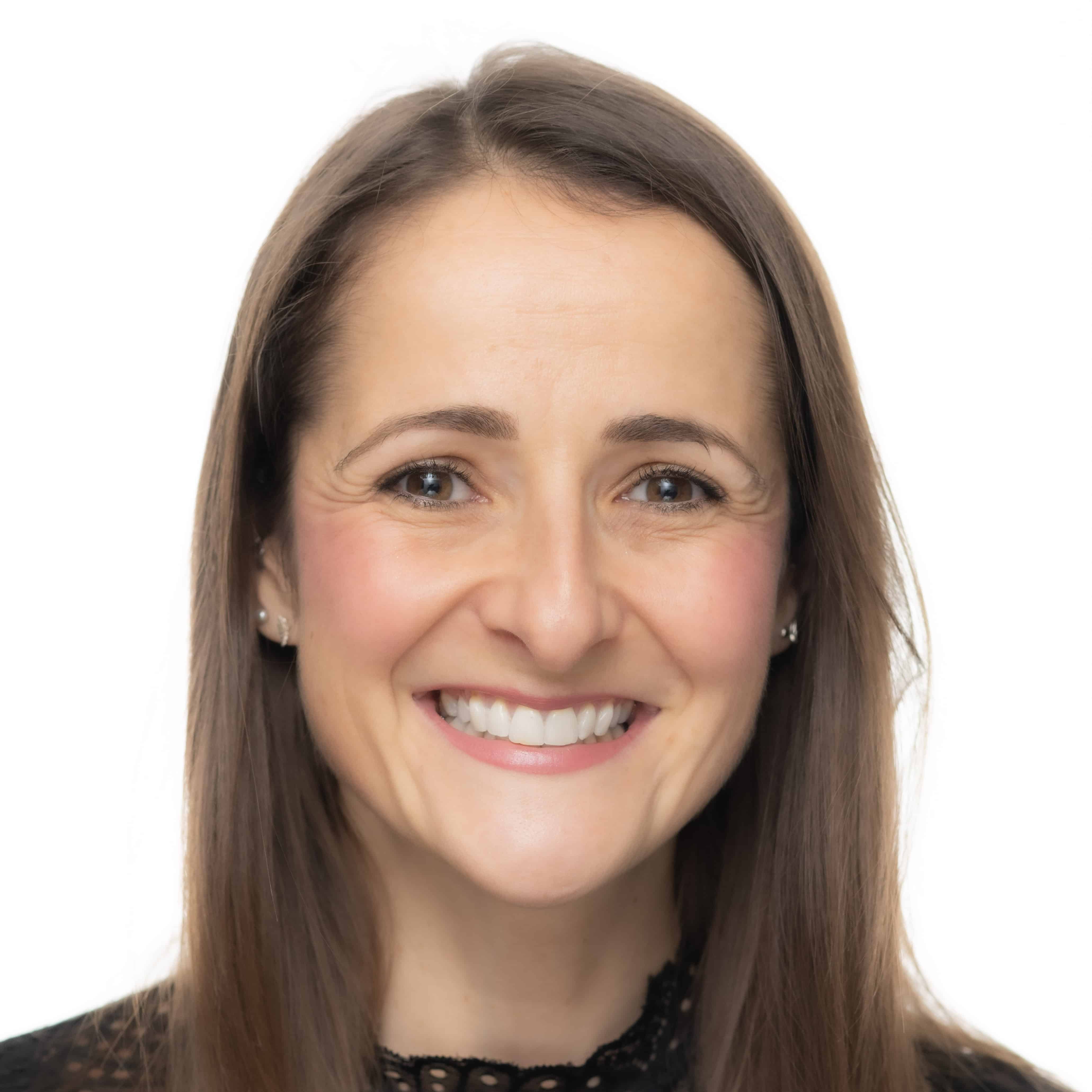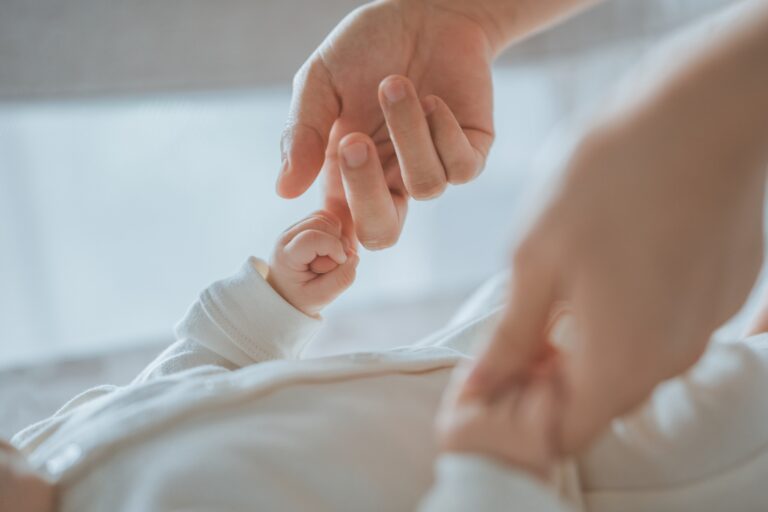The Sound of Music…
The benefits of learning to play a musical instrument for children with cerebral palsy
I am a Senior Associate in Bolt Burdon Kemp’s Child Brain Injury team. I represent children who have sustained a brain injury as a result of medical negligence. In cases where the hospital trust has accepted that they are liable for my client’s injuries, I work closely with case managers and therapists who together establish a care, case management and therapy package for my client. For this reason, I am always keen to learn about new research and therapies that may benefit my clients.
Recently I have been interested in how learning a musical instrument could play a role in neurorehabilitation for children with cerebral palsy.
Some words of wisdom from Billy Joel
I never thought I would be writing a blog that quotes Billy Joel. But here I go.
Billy Joel once wisely observed;
I think music in itself is healing. It’s an explosive expression of humanity. It’s something we are all touched by.
Billy is absolutely right. Music is something that touches us all. It transcends the things like gender, religion, and disability that are perceived by some to divide us. Music brings about an emotional and sometimes physical response in all of us regardless of who we are. It is the emotional response human beings have to music that gives it its special power. It stimulates brains, injured or uninjured, in a unique and special way. [1]
What is becoming increasingly clear to me is how this unconscious response to music, and practicing music, can be sculpted into a potentially powerful tool, when integrated into a neurorehabilitation program.
Music Therapy
My understanding of music therapy to date has been informed by my work with organisations such as Chroma, Chroma offer a range of services including music therapy and neurologic music therapy for people who have suffered brain injuries.
The sensory, motivational, and calming benefits of music therapy for children with brain injuries are relatively clear-cut but music can also be used in conjunction with therapy programmes. Occupational therapists, physiotherapists and speech and language therapists use music to complement and sometimes to drive a therapy program. For example, music can be used to motivate the patient to complete their exercises, singing can be used to help with speech issues, songs with varying tempos can be used to regulate gait, and song lyrics can be used to help with memory problems.
The difference music therapy can make to a child with a brain injury is striking. I witnessed the more sensory/calming benefits with one of my clients who has severe 4 limbed cerebral palsy as a result of a birth injury. The sound of music helps to relax her. It can reduce her spasms and reduce her tone. Whilst she cannot physically participate it is a pleasure to observe her response to the sensory experience, and to witness the visible change in her demeanour. Music is one of the few things that will bring out her smile.
Many of our clients here at Bolt Burdon Kemp have benefited from the calming, sensory benefits of music therapy as well as the more practical therapeutic role it can play through the services Chroma offer. Having witnessed the benefits of music therapy, and the excellent work Chroma do first hand, Bolt Burdon Kemp were delighted to sponsor Chroma’s first ever conference in March 2018.
Learning to play a musical instrument – the neurorehabilitive benefits for children with cerebral palsy
Whilst the use of music as part of the neurorehabilitation therapy package is becoming increasingly common, more recently research has been done to explore the skills a child with cerebral palsy may develop by learning to play a musical instrument. When this issue arose on one of our cases my interest was piqued.
I must confess my immediate response was one of scepticism. Won’t the child find it stressful? Will they enjoy it? What instruments would be suitable? I suspect these early, somewhat negative, thoughts were informed by my own childhood memories of piano, violin and trumpet lessons. I couldn’t settle on one instrument, I didn’t practise enough, and predictably I didn’t excel at any of them. I don’t look back on this time with fondness!
However, it did get me thinking. When I was hitting those bum notes on the trumpet, tormenting the family pet with my screeching violin, and attempting to play Andrew Lloyd Webber show tunes on the piano, I was multitasking. Albeit badly.
I was:
- Reading the music
- Applying varying pressure to the instrument
- Moving my fingers /hands/feet/mouth
- Listening to the sound
Lots of messages were flying around. My brain was busy.
Research Developments
I explored the concept with one of our medico legal experts. She kindly directed me to some recent research in this area. [2]
The research reminds us that cerebral palsy is often characterised by:
- Limitation in gross motor function;
- Additional disturbances in sensation, perception, cognition, communication, behavior;
- Epilepsy; and,
- Damage to brain structures before the acquisition of skills i.e. in utero, at birth, during the neonatal period.
As a result of number 4, rehabilitation for children with cerebral palsy must focus on learning new skills, rather than recovery of pre existing skills as can be the case with for example, stroke patients. For a child with cerebral palsy the neural pathways were never laid.
Playing a musical instrument requires coordinating hand/finger movement with sensory information (auditory, visual and somatosensory). As a result it involves “continuous forward and backward transmission of information between different brain areas…” [2]
It is believed that integrating this information from various senses; vision, hearing, touch and fine movements, and the associated transmissions within the brain, can promote neuro plasticity (the ability of the brain to change over one’s life) and the laying down of new neural pathways. If this is true, the potential to learn new skills and improve motor function for children with cerebral palsy could be very exciting.
For a child with cerebral palsy improved finger/hand motor function could have far reaching benefits. Improved motor skills of any kind in children with cerebral palsy can open gateways to improved quality of life, access to a wider range of assistive technology, heightened autonomy and consequently, improved mental health.
Musical instrument training would of course need to be tailored to the individual child, with reference to their abilities and the nature of their brain injury. It would not be suitable for all of my clients but for those that might be capable; I find the potential benefits (which are the subject of ongoing research and may be further reaching than we yet know) very interesting! It is certainly something I will be considering with parents, case managers, experts and therapists on my cases in the future.
So while personally, I am not quite ready to take up the piano/violin/trumpet again – I definitely have a new appreciation for the power of music and the benefits it can offer to children with brain injuries.
And with that I am off to listen to Billy Joel’s Piano Man.
Claudia Hillemand is a senior associate in the Child Brain Injury team at Bolt Burdon Kemp. If you have a claim on behalf of a brain-injured child, contact Claudia free of charge and in confidence on 020 7288 4843 or at claudiahillemand@boltburdonkemp.co.uk. Alternatively, complete this form and one of the solicitors in the Child Brain Injury team will contact you. Find out more about the Child Brain Injury team.
Footnotes
[2] The Case for Musical Instrument Training in Cerebral Palsy for Neurorehabilitation, Pinto et al










